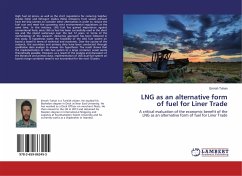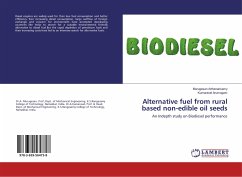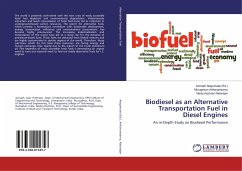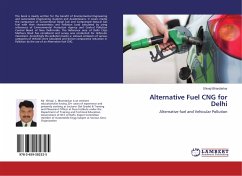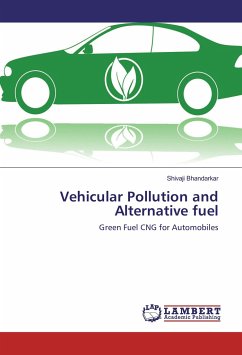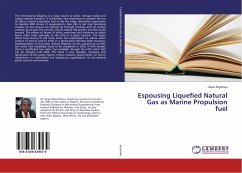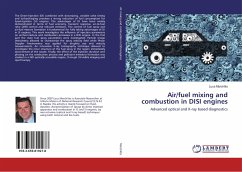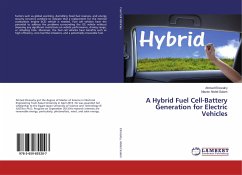High fuel oil prices, as well as the strict regulations for reducing Sulphur Oxides (SOx) and Nitrogen Oxides (NOx) emissions from vessels exhaust have led ship owners to consider other alternatives in order to reduce the fuel cost and meet the upcoming strict environmental regulations at the same time. In this instance, LNG fuel has gained importance against conventional fuels, since LNG as fuel has been successfully used in the short sea and the inland waterways over the last 12 years. In terms of the methodology of the research, deductive approach has been followed in this study. A hypothesis states the feasibility of the LNG fuel system on board a vessel in terms of technical and economic. Over the course of the research, the secondary and primary data have been conducted through qualitative data analysis to answer the hypothesis. The result shows that the implementation of LNG fuel system to a large container vessel seems theoretically possible. However, as a result of the analysis and discussion of the literature and primary data, implementation of LNG dual-fuel system on board a large container vessel is not economical for the next 10 years.
Hinweis: Dieser Artikel kann nur an eine deutsche Lieferadresse ausgeliefert werden.
Hinweis: Dieser Artikel kann nur an eine deutsche Lieferadresse ausgeliefert werden.

